
Our Contribution
to Impact
Return to the Annual Report
Hotspot mapping charts path for women’s climate resilience
The CGIAR GENDER Impact Platform developed a methodology for mapping climate, agriculture, and gender inequality hotspots.

The CGIAR GENDER Impact Platform has identified climate-agriculture-gender inequity hotspots where women are hit the hardest by climate change impacts. This knowledge helps decision-makers target their climate and agricultural investments, policies, and actions to benefit the worst impacted women in the most affected regions of the world.
Guidance on precise targeting is needed because women in food systems often are more negatively affected by climate change impacts than men. Most women do not have the same opportunities and abilities to respond to droughts, floods, soaring temperatures, and other shocks. They tend to have fewer and lower-value assets than men, and they have less access to the resources—such as capital, labor, information and training—that make it easier for men to adapt. Women are especially poorly off in areas where they are highly engaged in agricultural labor, where climate hazards are significant and where structural gender inequalities prevail.
To be successful, climate change adaptation and mitigation actions, policies and investments must therefore take such differences into account—and they must reach women, and men, who are in greatest need of support. If the root causes of women’s excess risk to climate change impacts are addressed, women can be agents of change in building climate resilience for everyone.
This research was particularly timely as it followed on the heels of a coalition of international leaders, at COP26 in 2021, recognizing that women and girls both face a disproportionate burden from climate change, and represent unfulfilled potential in adapting to its consequences. By engaging with global stakeholders, including at COP27 in 2022, GENDER generated interest for its hotspot research. It is being put into use by the Africa Group of Negotiators Expert Support (AGNES), to support African nations’ adaptation goals, and the Overseas Development Institute (ODI), which plans to adapt it to strengthen water governance under climate change.

Learn more



